U Delaware team develops chemocatalytic process to convert waste polypropylene to lube oils
Green Car Congress
AUGUST 27, 2021
They were able to convert amorphous polypropylene and everyday bags and bottles effectively to lubricants with yields up to 80+%. Quantification of critical properties, including pour point, kinematic viscosity, and viscosity index, indicates that the products are promising alternatives to currently used base or synthetic oils.




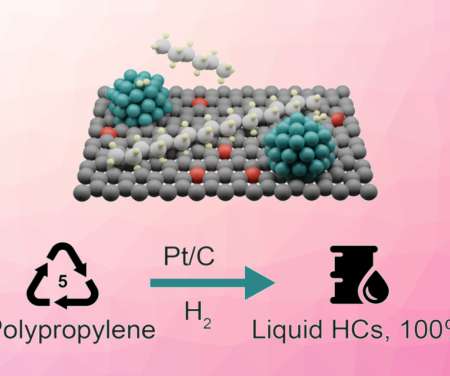


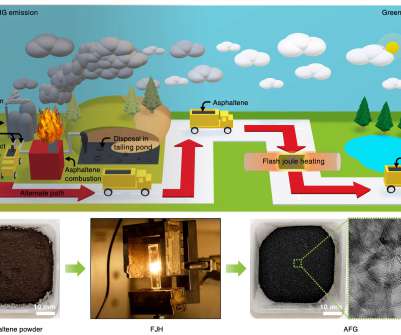
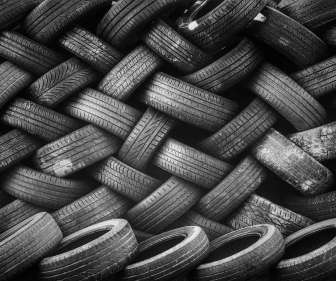

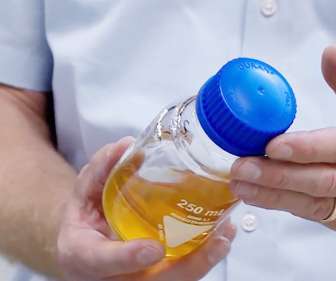











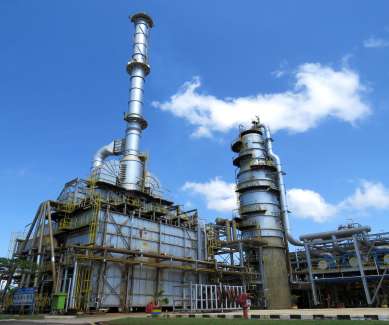

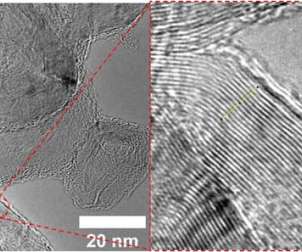


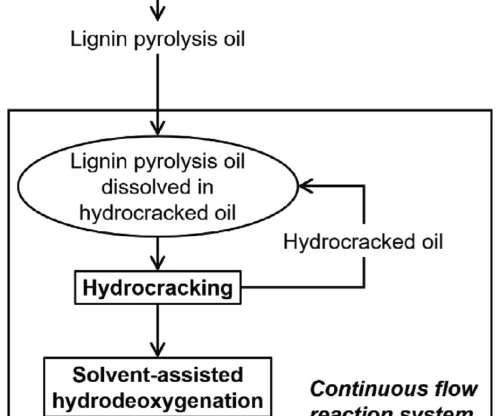








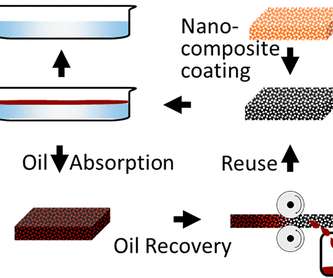








Let's personalize your content